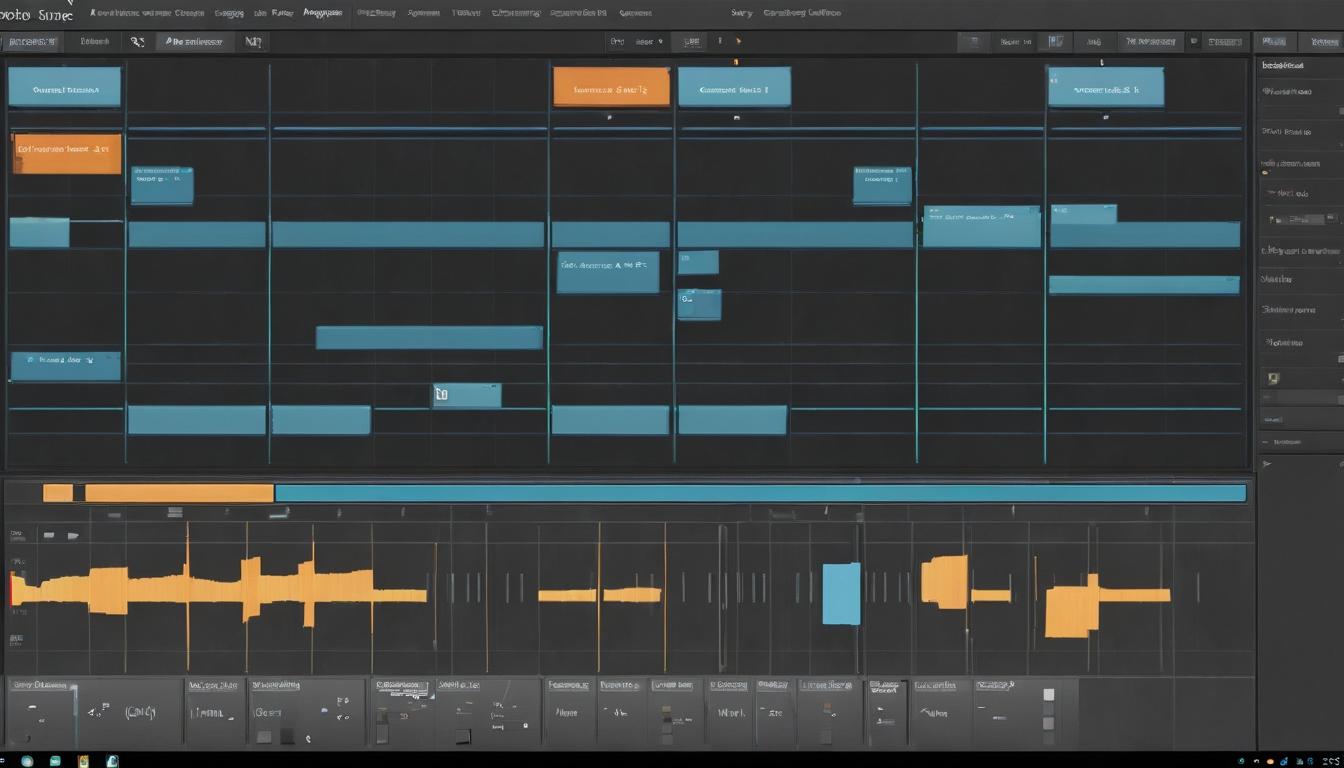The dimly lit studio smells of old coffee and anxiety. A composer stares at a blank sheet of music paper, the cursor blinking like a metronome counting down to deadline. Across town, a video game sound designer manipulates digital waveforms with the precision of a surgeon, creating interactive scores that respond to player choices in real-time. These two worlds, once separated by artistic snobbery and technological barriers, are now converging in ways that are fundamentally changing how we experience stories through sound.
The film music establishment has long viewed game scores as the lesser cousin—functional background noise rather than artistic statement. But that perception is crumbling faster than a poorly coded game engine. Video game composers have been solving problems that film composers are only now encountering: how to make music interactive, adaptive, and responsive to audience engagement rather than passive consumption.
Take the work of Austin Wintory, whose score for 'Journey' became the first video game nomination for a Grammy. His approach to composing for interactive media involves creating musical systems rather than linear compositions. The score breathes with the player's actions, swelling during moments of discovery and retreating during contemplation. This isn't just background music—it's an active participant in the storytelling.
Film composers are taking notice. Hans Zimmer, who once dismissed game scoring as 'not proper composing,' now leads teams working on interactive scores for VR experiences and video game adaptations. The techniques developed in game audio—vertical re-orchestration, horizontal resequencing, and adaptive mixing—are finding their way into film scoring sessions. Suddenly, the static nature of traditional film music seems almost primitive by comparison.
The technological crossover is accelerating this revolution. Game audio middleware like Wwise and FMOD, once confined to gaming PCs and consoles, are being adapted for linear media. These tools allow composers to create 'smart scores' that can adapt to different playback environments, from theater surround systems to smartphone speakers, maintaining emotional impact across platforms.
But the influence runs deeper than technology. Game scoring has developed its own musical language that's now influencing film composition. The use of hybrid orchestral-electronic textures, rhythmic complexity that mirrors gameplay mechanics, and thematic development that can span dozens of hours of content—these are all game music innovations that film composers are eagerly adopting.
Consider the way disaster movies now score destruction sequences. The pounding, rhythmic intensity owes more to boss battle music than to traditional action scoring. Or how horror films use interactive music techniques to build tension based on audience reaction rather than predetermined cues. The line between player and viewer is blurring, and the music is leading the charge.
This isn't just about composers jumping on the latest trend. The entire economics of film scoring are being reshaped by game music practices. Royalty structures, copyright issues, and even union agreements are being renegotiated to account for interactive elements. When music can change based on how someone experiences a story, who owns the variations? These are questions game composers have been answering for years.
The most exciting development might be how this cross-pollination is creating new hybrid art forms. Interactive films on streaming platforms, VR experiences with adaptive scores, and even traditional films with companion apps that alter the music—all these innovations trace their DNA back to game audio techniques.
Yet for all this progress, resistance remains. Some veteran film composers still view interactive scoring as a threat to their artistic authority. The idea that music could be altered by algorithms or user input strikes them as compromising the purity of their vision. But the younger generation sees it differently—as collaboration rather than compromise.
The truth is, the revolution isn't coming—it's already here. Next time you watch a major blockbuster, listen carefully. The score might not just be telling you how to feel—it might be listening to how you feel and responding accordingly. The unsung composers of the gaming world have passed the film industry their cheat codes, and the results are changing everything we thought we knew about movie music.
The unsung revolution: how video game music is reshaping film scoring

